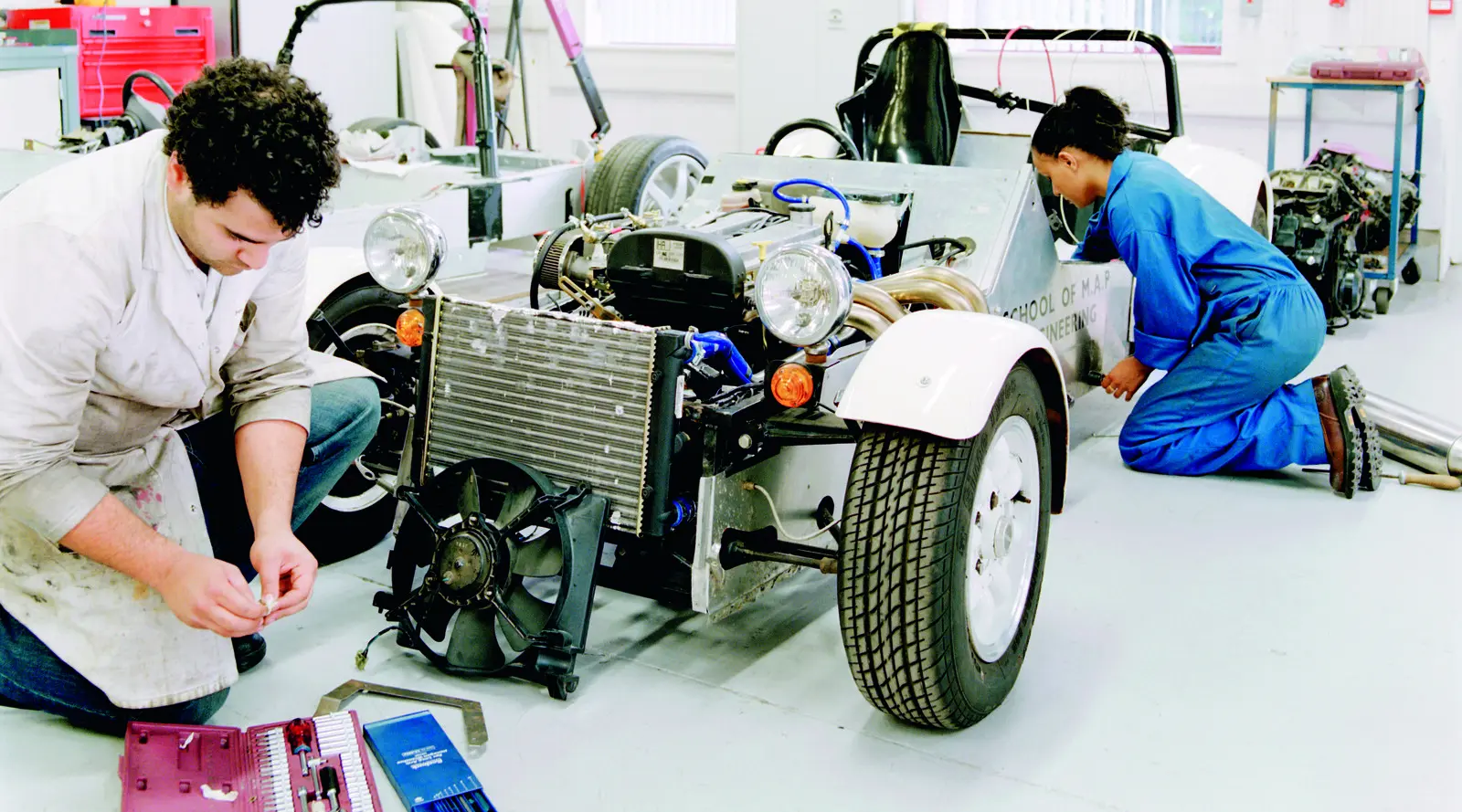
Engineering
Tips for Engineering Students
The article below appeared on ElectricalEngineeringSchools.org and was written blogger Marcus O’Brien. We have posted this before but feel it is worth posting again! Very quickly, Mr. O’Brien gives great advice for any engineering student (not just EE’s). Those of you who are Juniors, Seniors or Grad Students will wish you had seen this advice as first-years or sophomores, but there’s always time to act on the tips!
Getting your engineering degree is a ticket to rewarding careers, and sometimes a handsome paycheck. But before you enter the field as a professional engineer, some serious studying, a few late nights, and a few tips to get you through your first year are in order.

Get to know your professors.
Develop a relationship with your professors so you feel comfortable approaching them and asking for help. Get to know one or two key professors particularly well, and turn to them for help with your homework, insight into the industry, and even job or program referenc.
International opportunities
Engineers are needed in every country in the world. They design and implement solutions to everyday problems such as access to water and electricity, safe transport and medicine — things that are needed everywhere. This means you will have opportunities to travel and work in other countries, enjoying all the experiences that come with it.

As an engineer, you will contribute to society in a unique way, be helping to invent and develop infrastructure that improves people’s lives. From medical engineering to civil engineering, what you do at work will make an impact that you can be proud of. For example, engineers are heavily involved in designing and implementing renewable technologies that benefit the planet and they have recently played a vital role in fighting the COVID-19 pandemic, inventing lab-free ‘PCR’ testing and manufacturing vaccines..